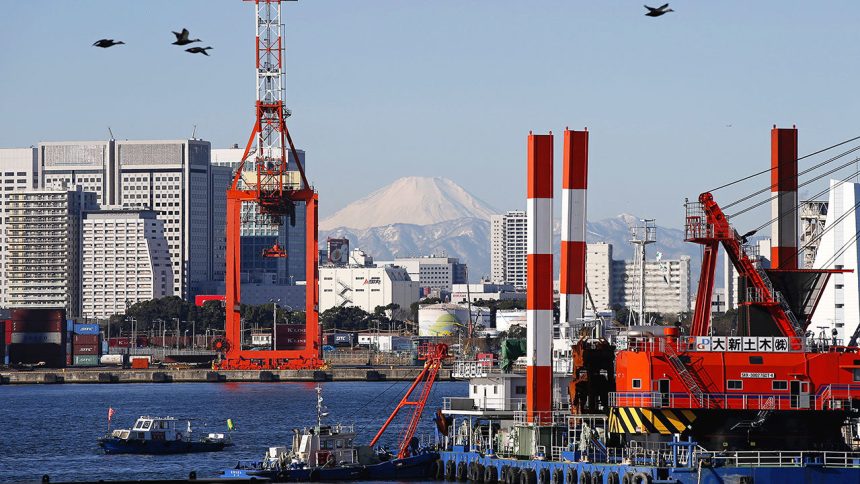The Impact of Geopolitical Tensions on Corporate Rejuvenation
In the constantly evolving landscape of global business, Japanese companies find themselves squeezed between competing superpowers: the United States and China. These geopolitical tensions have cast a long shadow over corporate strategies and future prospects.
The Dilemma Faced by Japanese Firms
Japanese enterprises are navigating turbulent waters as they confront challenges posed not just by market conditions but also by international politics. With rising protectionism and shifting alliances, firms must reevaluate their roles and strategies to ensure sustainability in a complex environment.
Economic Indicators Reflecting Strain
Recent statistics underscore these dilemmas for Japanese businesses. A report from the Japan External Trade Organization indicated a decrease in exports to key markets due to tariffs imposed amid escalating trade conflicts, revealing how these external forces are undermining growth potential despite efforts at revitalization within the corporate sector.
Navigating Between Powerhouses
Caught in the rivalry between Washington and Beijing, many firms are reassessing their operational models. There’s an urgent need to diversify supply chains away from mainland China while somehow maintaining essential partnerships that could bolster competitiveness both domestically and internationally.
Strategy Shifts Toward Resilience
To adapt effectively, some companies are turning towards regional cooperation with Southeast Asian nations as an alternative market strategy. By tapping into new sources of innovation and production capacity within these emerging economies, corporations can mitigate risks linked with over-dependence on singular markets like China or engaging too closely with American interests.
Innovation Amidst Uncertainty
Interestingly, this climate of unpredictability has also spurred investment in technological advancements across various sectors such as automation and artificial intelligence (AI). For instance, according to TechCrunch analysis from early 2024, investments into AI-related startups have surged nearly 30% since last year—a clear indication that even amid geopolitical strife; there remains robust interest in embracing change for future readiness.
Conclusion: A Call for Strategic Adaptation
Ultimately, while external pressures threaten recent advancements among Japanese corporations aiming for resurgence post-pandemic recovery phase; forward-thinking approaches centered on flexibility will be critical. As businesses weigh options against backdrops of shifting geopolitical landscapes—engagement through technology adaptation paired with resilient supply chain management may well become key tenets driving sustained growth moving forward.






